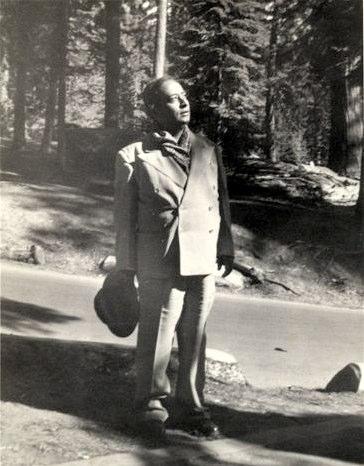What Matters in the End
A poignant quote from Buddha came to us recently: “In the end only three things matter. How much you loved, how gently you lived, and how gracefully you let go of things not meant for you.”
Often we live locked up in self-focused goals and desires. Yet, as we depart from this incarnation, goals must be relinquished and desires discarded. Those desires we fail to abandon will inevitably pull us back into another incarnation, and another, and another. The solution is disarmingly simple: Expand our heart’s energy by directing it toward God and the benefit of others.
Paramhansa Yogananda explained that the heart is the center of the primordial feeling element (chitta). He added that we perceive and respond to the world primarily through feeling rather than intellect. Ultimately, to find liberation we must still the mind and, especially, neutralize the whirlpools of likes and dislikes.
The energy in the “switching station” of the heart is constantly seeking fulfillment. This quest can lead us toward worldly attachments and sensory experiences, or towards the divine joy of God. When our energy is funneled downward and outward, we set ourselves up for anxiety and disappointment. As Yogananda put it, “Delusion always breaks its promises.”
One of the best strategies to channel the energy positively is to think of the welfare of others. When we embarked on Ananda’s work in San Francisco, we started a small restaurant/bookstore. The manager, a single woman, had to close the store late at night and then take a bus through a very run-down area of town. Often sharing the bus with drunks and drug addicts, she dreaded the nightly ride home.
As she explained her dilemma to Swami Kriyananda, he first explored the standard solutions: Could she drive home? Could she take a taxi? Could someone else drive her? All of these proved either impractical or too expensive.
Swami said, “All right, then, I suggest that you do this: When you get on the bus, pick out one person who appears to need help and pray for him the whole way home. If that person gets off, choose another.”
Two weeks later she told Swamiji that the bus ride home had transformed into her favorite part of the day. Her prayers for others had shifted her heart’s energy from isolation and fear to connection and joy.

Love is fundamental, but almost as important is gratitude. By being grateful for the circumstances and people in our lives, we open a positive flow of energy from the heart up to the spiritual eye. It’s virtually impossible to harbor negativity when we’re feeling grateful. We don’t have to express it outwardly—we can just silently allow the feeling of thankfulness to reverberate in the heart. Begin by being grateful for things that are easy to accept. Then train yourself also to feel appreciation for challenging situations.
Paramhansa Yogananda wrote, “Teach me to look upon all that happens in my life with a pleased, interested attitude, that at the end of each episode, no matter how sad or difficult, I may exclaim: “Ah, that was a good show, full of thrills, suspense, and excitement! I am happy to have seen it, and I have learned much from it for my own benefit.”
If we find it challenging to hold such a high attitude, we can at least strive toward it. Some years ago, while experiencing a difficult period, I wrote an affirmation to help:
I am grateful for my life exactly as it is.
I am thankful for this day;
I welcome every hour.
Thank you, God. Thank you, God.
We have the potential to expand our heart and let it become a channel for the infinite love of God. If we do our best, we can face our final review and say, “I loved greatly, lived gently, and gracefully let go of those things that kept me from Thee, Lord.”
In love and gratitude,
Nayaswami Jyotish